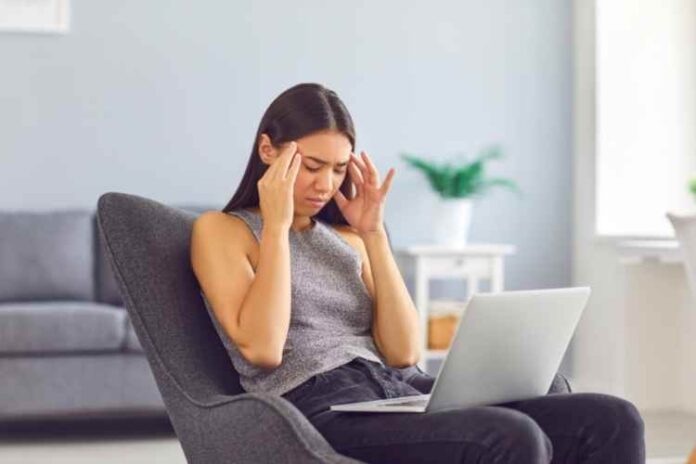Some of the best coping skills for anxiety involve redirecting your awareness. Anxiety can heighten your awareness while reducing your focus, which leads to worries to which you cannot readily respond. Taking an over the counter calming medicine and developing coping skills such as connecting with nature, journaling, deep breathing and mindfulness can go a long way toward reducing the negative effects of anxiety in daily life.
Connecting With Nature
Whether you just step outside your door, have a picnic in a park or set aside time to go hiking or camping, spending time outdoors can help you cope with anxiety. As long as you feel safe in your surroundings, you can experience benefits such as lowered blood pressure, nervous system arousal and stress hormone levels along with increased immune system function and improved mood.
It is important to plan your outdoor adventures ahead of time to minimize anxiety. Plotting out a hike on a map, for example, can help to prevent you from getting lost and experiencing unnecessary and counterproductive worry. If you are not the outdoorsy type, even taking a walk around your neighborhood or a city park can have some of the same benefits as time spent in the wilderness.
Journaling Your Thoughts
Many writing teachers say that writing is thinking. When you write, it is easier to recognize the compulsive thoughts that characterize anxiety and come up with ways to manage your worry. Even the act of putting effort into communicating with yourself in an external way by writing down your thoughts can go a long way toward refocusing your mind and breaking destructive cycles.
A long-term benefit of journaling your thoughts and keeping track of your journals is the ability to recognize patterns that emerge in your writing over time. If you see repeated evidence of symptoms of concern, fear and worry in your writings, you might try to identify the triggers of your anxiety and consider whether your experience resembles that of patients in Brilla anxiety reviews. Sufferers from occasional anxiety may find relief from this homeopathic treatment.
Deep Breathing and Mindfulness
Breathing deeply increases the flow of oxygen to your brain and stimulates the parasympathetic nervous system. The practice of mindfulness is related to deep breathing, as some simple exercises involve observing the breathing process.
You can supplement the proven stress relief benefits of breathing deeply and trying to be more mindful by taking over the counter medicine for anxiety and stress. Brillia is available for children, teens and adults who occasionally experience symptoms of anxiety. This homeopathic treatment is designed to accompany lifestyle changes such as good nutrition, sufficient sleep and limited screen time.
These are only a few of the most effective coping skills for people who suffer from anxiety. Based on your anxiety symptoms and lifestyle, you may find one or more of these methods to be useful. Holistic anxiety medication goes a long way toward reducing the severity of occasional anxiety, and these and other coping mechanisms can offer additional relief.






















